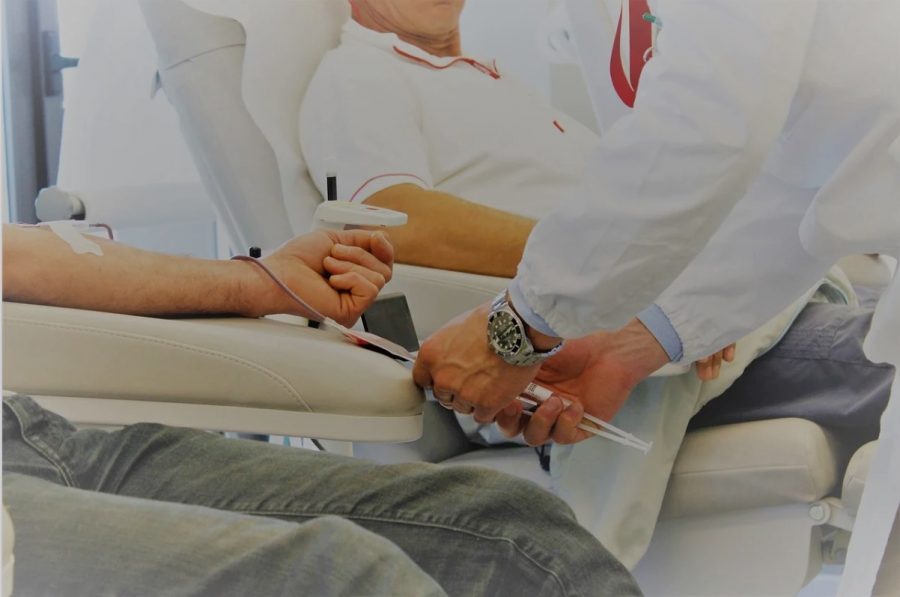How Can Blood Donations Help Support Healthcare Research Progress

Every day, approximately 36,000 units of red blood cells are needed for blood transfusion patients in the United States. However, transfusions aren’t the only way that the healthcare system uses donated blood. Blood and plasma donations are also essential for researchers looking to find new cures and treatments. Here are four ways your blood donation can help support medical research progress.

If you have recovered from an infectious disease, your blood may be very valuable to researchers. The antibodies contained in the blood and plasma of people who have been infected with a virus are important for creating and manufacturing vaccines, especially for new viruses like the novel coronavirus that causes COVID-19. Blood cells are also commonly used in the development of other drugs like biologics to treat autoimmune diseases and immunotherapy treatments for cancer.
Even the biggest medical advances have to start somewhere. Studying how blood cells work and how pathogens and cancers act on these cells provides a foundation for building major discoveries. However, basic doesn’t mean skimping on materials. Using high-quality research products like cryopreserved and fresh leukopaks from healthy human donors helps researchers lay a solid groundwork for innovation.
Blood tests are used to detect a wide variety of infectious diseases, and blood donations are needed to help develop these tests. Instead of purposely infecting a person or animal with a disease, researchers can use blood samples in the lab for first line assessments of new tests. There is also a lot of promising research for blood tests that can detect early stage cancers, and many of these tests have already been approved and placed on the market.
The next generation of researchers can’t discover new ways to treat and prevent diseases without a good education. Your blood may be used in medical school classrooms to give future doctors and lab technicians hands-on experience with examining blood under a microscope. Even high school and undergraduate science classes sometimes use donated blood for educational experiments.
Have you been turned away from blood banks due to recent travel or lifestyle factors? You may still be eligible to donate your blood for medical research. Because blood used in research isn’t transfused into another person, it usually doesn’t matter if you’re at higher risk of bloodborne pathogens. Donating your blood to research is a great way to save lives even if you can’t give blood directly to others in need.
